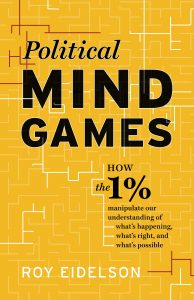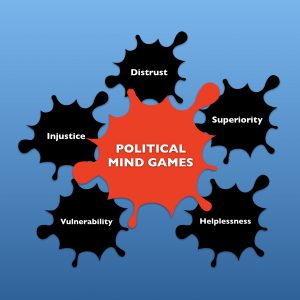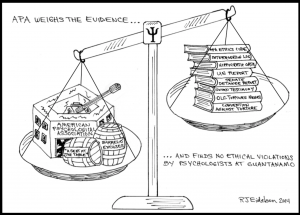
It’s bad enough that the business-friendly Democratic Congressional Campaign Committee (DCCC) and other establishment Democrats are aggressively tipping the scales in favor of their hand-picked “moderate” candidates in primary contests around the country. It’s even worse that they’ve now taken to defending this strategy by comparing unwelcome progressives to the likes of Roy Moore.
We learned this last point just last week, with the release of a secretly taped conversation between Levi Tillemann and Democratic Party bigwig Steny Hoyer. Tillemann is running for Congress in a Colorado primary against DCCC-backed corporate attorney Jason Crow. In their meeting, Hoyer tells Tillemann that he wants him to drop out of the race, that regardless the DCCC will continue shoveling money into Crow’s campaign coffers, and that the DCCC’s meddling is in order to prevent a Roy Moore scenario, where someone deemed unelectable in the general election was allowed to win the primary.
Hoyer’s invocation of Moore is offensive and worrisome. The former Alabama judge, who lost a special Senate election last December to Democrat Doug Jones, has justly earned his pariah status among those concerned about basic decency and democratic values. That’s not only because of well-documented allegations that he sexually molested young teenage girls. It’s also because he’s claimed that homosexual activity should be outlawed, Muslims shouldn’t be allowed to serve in Congress, and the US Constitution should be ignored in deference to the Ten Commandments.
Continue reading “The DCCC’s Mind Games and the Ballad of Roy Moore”



 School children and teachers in Newtown, Connecticut; parishioners in Charleston, South Carolina; co-workers in San Bernardino, California; nightclub attendees in Orlando, Florida; and now concertgoers in Las Vegas, Nevada.
School children and teachers in Newtown, Connecticut; parishioners in Charleston, South Carolina; co-workers in San Bernardino, California; nightclub attendees in Orlando, Florida; and now concertgoers in Las Vegas, Nevada. Over the past year, a remote area of North Dakota has been the improbable and prophetic site of a
Over the past year, a remote area of North Dakota has been the improbable and prophetic site of a  The
The